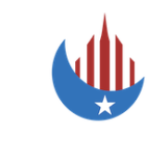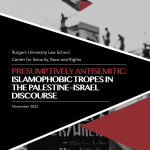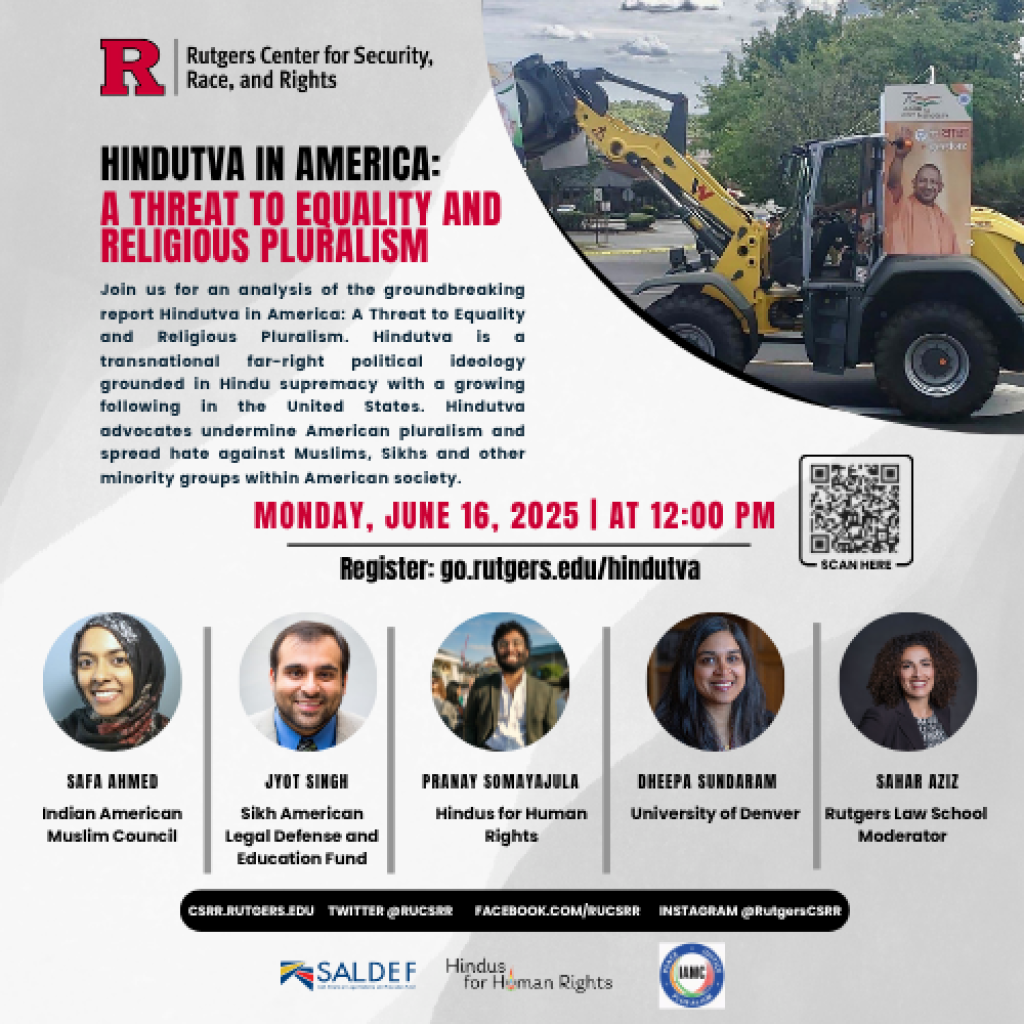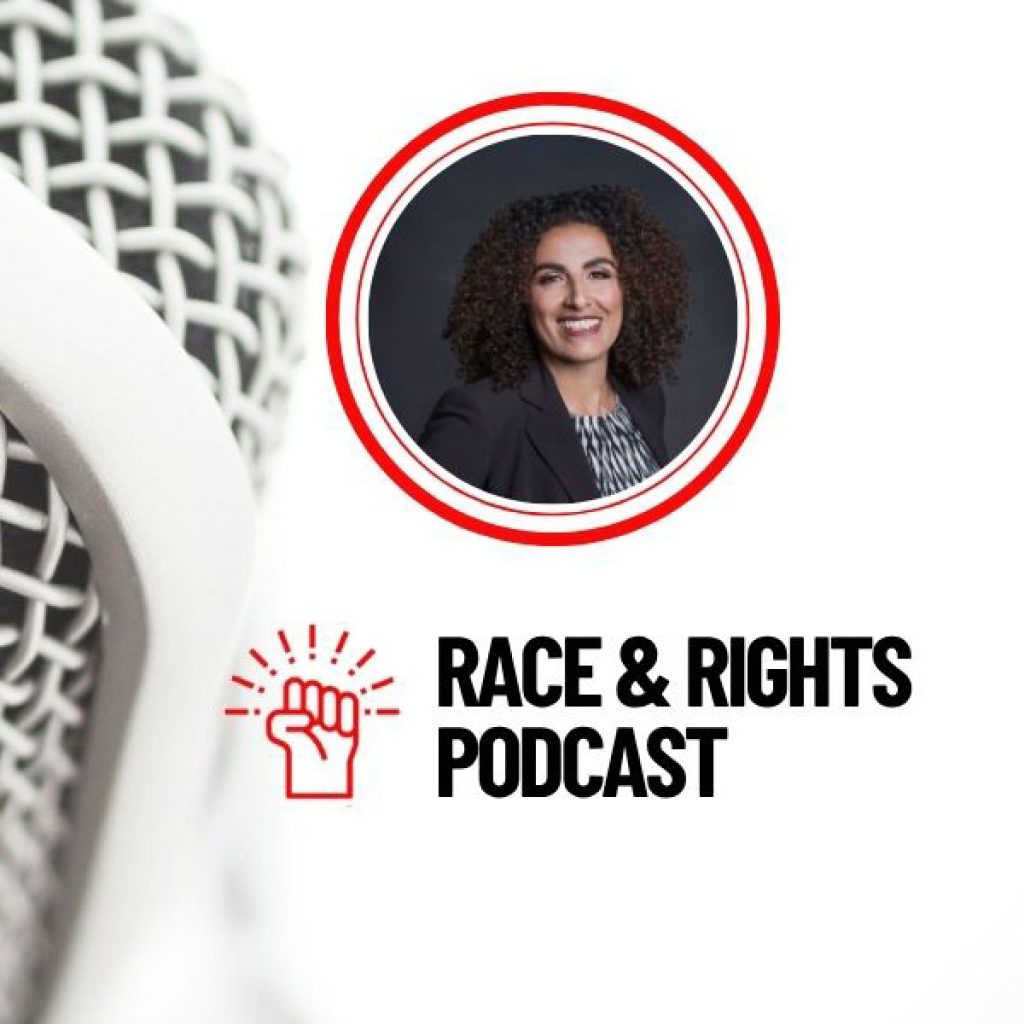Color of Religion
Muslims in America have found religious liberty in practice to be elusive. Government agencies surveil mosques, Islamic schools, Muslim student groups, and Muslim-owned businesses. Law enforcement scrutinizes Muslims’ travel patterns, personal associations with other Muslims, and religious practices to validate their suspicions that Muslims are terrorists, not adherents to a religion of peace.
These racialized government practices signal to private citizens that they too are justified in suspecting Muslim neighbors, co-workers, and customers that lead to discrimination in the workplace, schools, and public spaces. A sizeable number of Americans call for closures of mosques, deportation of Muslims, and legal bans on the practice of Islam.
Actions that would otherwise be contrary to American religious freedom values are considered rational and patriotic because Islam is stripped of its religious bona fides and labeled a violent political ideology.
That Muslims of various races and ethnicities are experiencing such widespread discrimination demonstrates that America is not post-racial. Nor is religious liberty equally available to all faiths, particularly those perceived as a threat to America’s Judeo-Christian national identity.
The Color of Religion project examines the racialization of religious freedom in America through an interfaith and cross-racial approach.
Presumptively Antisemitic: Islamophobic Tropes in the Palestine–Israel Discourse
 NJ Muslim Heritage Month Coalition
NJ Muslim Heritage Month Coalition
The Muslim Heritage Month in New Jersey, designated for January each year, was established following Governor Phil Murphy’s signing of a joint resolution (SJR105/AJR194) on April 29, 2023. This historic move acknowledges and celebrates the contributions of the Muslim community in New Jersey. Governor Murphy emphasized that this designation is a recognition of the rich histories, cultures, and principles of Muslim Americans, highlighting their roles in various sectors such as patriotism, philanthropy, advocacy, civic engagement, and culture.








